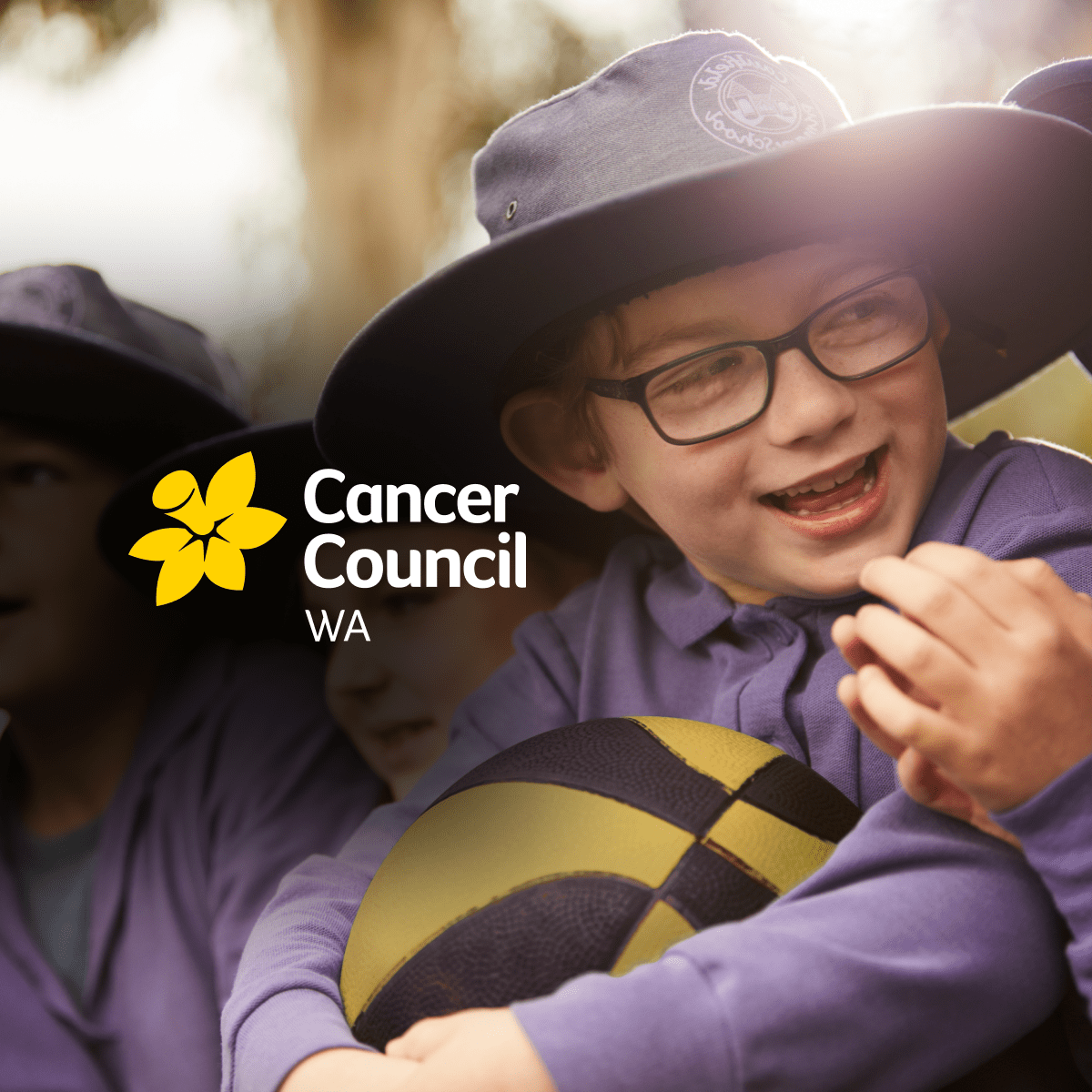Council has approved the renaming of Stewarts Reserve,
Armstrong Creek to Dooliebeal, which is a Wadawurrung Traditional Owner name
associated with the area.
Dooliebeal references the native river red gums and
grasslands that are home to the conservation reserve and the Armstrong Creek
valley more broadly.
The new name reflects the significance of the site to the
traditional owners of the land, and the wishes of the Stewart family.
The decision is part of National Reconciliation Week and
is symbolic of council’s commitment towards meaningful and practical
reconciliation between the broader community and all Aboriginal and Torres
Strait Island peoples.
The City has signed a Wadawurrung Language Use Agreement
for the use of Dooliebeal.
It’s hoped the renaming will build greater understanding
of Wadawurrung history in the Greater Geelong region.
The Stewart family will still be recognised through the
naming of a walkway next to the reserve.
Settler John Stewart bought the land in the mid-1850s and
historic records reveal he called his farm and homestead ‘Dooliebeal’.
His
descendants lived there until 1981.
The new name follows public feedback and consultation
with John’s great-great-grandson John Stewart. Two other descendants were
supportive of the reserve’s renaming.
The name will go to Geographic Names Victoria for
approval. If approved, a new place name sign and interpretive sign will be installed,
and an official renaming ceremony will be held with the Wadawurrung traditional
owners.
Greater Geelong Mayor Bruce Harwood
The Armstrong Creek valley is a
significant area for the traditional owners of the land, so it’s only fitting
to rename the reserve Dooliebeal.The name change respects the Wadawurrung
people and their history, while also reflecting the wishes of the Stewart
family.
Councillor Sarah Mansfield, Chair, An Inclusive and
Diverse Community portfolio
The renaming of Stewarts Reserve to Dooliebeal is a symbolic gesture that
is incredibly important. Reconciliation and healing require learning and
understanding, and language is a key part of how we achieve this.Recognising traditional Wadawarrung language for names of places will be
a key action in the Reconciliation Action Plan, which is currently being
developed by council. The community is telling us they’d like to see more
actions like this.








